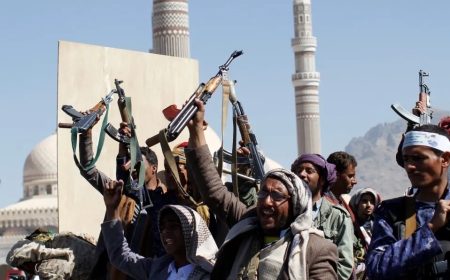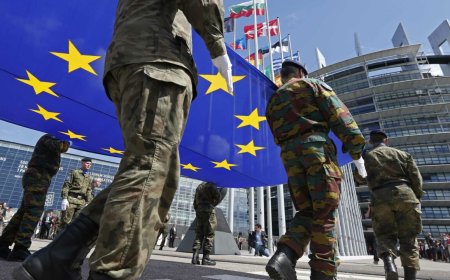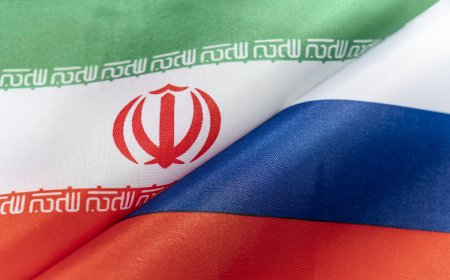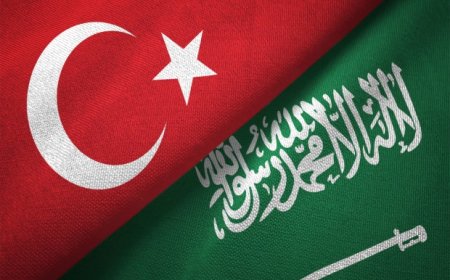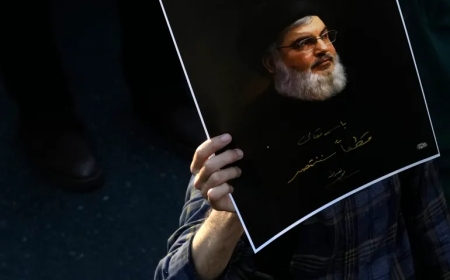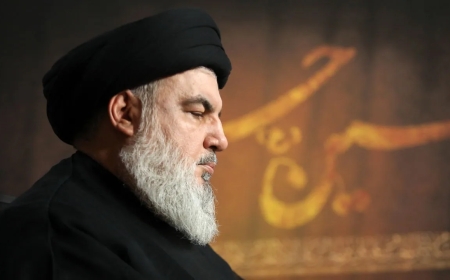Russia's Reaction to Western Provocations Turns Tensions Upstream
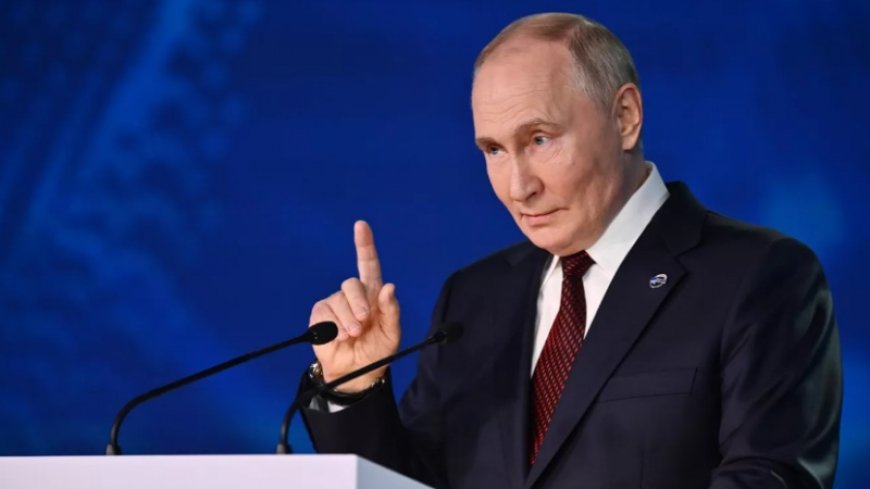
Following a long-range missile attack from the Anglo-Saxon countries, Russia's "Oreshnik" medium-range ballistic missile recently launched has increased the stakes in the current battle between Russia and the West. While the missile strike avoids direct confrontation with NATO, RIA Novosti columnist Pyotr Akopov claims that it marks a new degree of involvement even though it was not directed at the United States or the United Kingdom. Russian officials have made it abundantly evident that any more Western escalation will result in an equally forceful and reflected reaction, hence changing the language of the fight.
Emphasizing Russia's readiness to settle conflicts amicably while still ready for any development, Russian President Vladimir Putin's message following the missile launch was not an ultimatum but rather a warning. But the West's initial response seems to be based on mistrust; others say Putin's actions are more about deterrence than actual confrontation. Akopov contends, however, that although Russia does not pursue conflict, it is the acts of the West that have generated the current degree of tension in Russia.
The dispute revolves mostly on the West's continuous attempts to control Ukraine. Akopov claims that Russia considers the Russian military operation against Ukraine as a direct danger to its security and cultural ties, hence it was a compelled reaction to the West's attempts to bring Ukraine into its orbit. The dispute serves Russia as a defense of its sovereignty and a counterpoint against what it believes to be Western intrusion.
On the other hand, the West sees Ukraine as absolutely essential for its larger plan to undermine Russia and increase its sway in Eastern Europe. Akopov contends that the Western arguments for the conflict—mostly the "Russian threat to Europe" story—are false. He contends that the actual drive is not defense but rather a historical attempt to permanently integrate Ukraine into the Western bloc, therefore undermining Russia in the process. According to Akopov, a "absolute lie" pushed by Western politicians, a Russian triumph in Ukraine would empower Moscow to launch more invasions of Europe.
Akopov thinks this story has resulted in a growing proxy war in Ukraine as the European Union gets more and more involved in the fighting via military support to Ukraine. Although Western leaders assert that providing Ukraine is essential to stop more Russian aggression, these moves run the danger of directly drawing Europe in a conflict Russia did not want to see developed outside of Ukraine. Russia, for its part, has no intentions to attack Europe, but its hostility to the West's sway over Ukraine is unwavering. For Russia, losing Ukraine to the West would imply not only a strategic loss but also a degradation of its historical and cultural links to the territory.
All things considered, the missile strike and the continuous conflict mirror a larger struggle between Russia and the West in which geopolitical and narrative wars are waged not only on the ground but also through geopolitics, therefore reflecting territorial and ideological conflicts. The conflict's stakes are bigger as emotions keep rising as both sides are deeply rooted in their positions.
